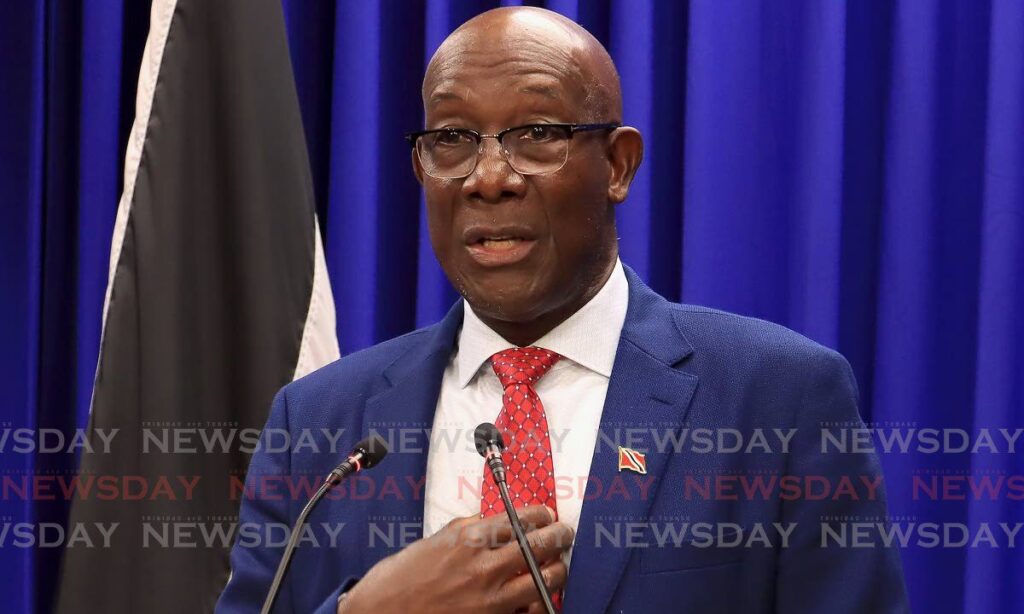Making every vote count

These days, everybody wants to be prime minister. Despite dropping hints about retirement, Dr Rowley shows no sign of shying away from governance.
Kamla Persad-Bissessar, too, is holding fast to her status as leader of the government-in-waiting, fending off MPs like Rushton Paray.
There is not even an election date, but Gary Griffith has announced his candidacy for the St Joseph seat, a choice placing him within the orbit of prime ministerial ambition, since only elected MPs can sit in Whitehall.
Farley Augustine, meanwhile, is whipping up his party in Tobago. Watson Duke is focusing his dreams on winning the Tobago seats and potentially becoming kingmaker.
All eyes are on the next poll. But no eyes are on the glaring need for reform of the systems by which elections are held.
This need has been brought into focus by the ruling on March 26 of the Court of Appeal in an election petition case which has implications for the current rules, particularly as they relate to special voting.
The petition brought by the UNC over the Lengua/Indian Walk district of the Princes Town Regional Corporation was premised on the fate of a single ballot from a special elector that had not been initialled by a returning officer during the last local government elections.
The UNC controls the remaining seats in the corporation; in terms of its administrative impact, the case was moot. But it addressed fundamental principles.
The justices came to a unanimous decision in throwing out the petition and upholding the actions of the Elections and Boundaries Commission (EBC), which had rejected the ballot. But the judges split over the scope of their own powers and that of presiding officers, who oversee all polling stations.
The 2023 local government elections were largely without major incident. Still, that is no indication of the health of the system, since the turnout was just 30 per cent.
The experience of the 2020 general election – with its long lines and slow pace of voting – betrayed the urgent need for the system to be brought into the 21st century.
No thought had been given to allowing mail-in voting, which would have reduced lines and allowed voters abroad to participate.
This was particularly crucial since the election was held at the height of a public health emergency which gave the ruling government the exclusive power to close the borders, preventing the return of potential voters.
We need reform of the mechanics of the electoral system; is this included in the scope of the constitution reform the Government has mooted? What of the long, long-promised campaign-finance reform? In a democracy, every vote should count. Leaders should be attending to that, and not just seeking power.

Comments
"Making every vote count"